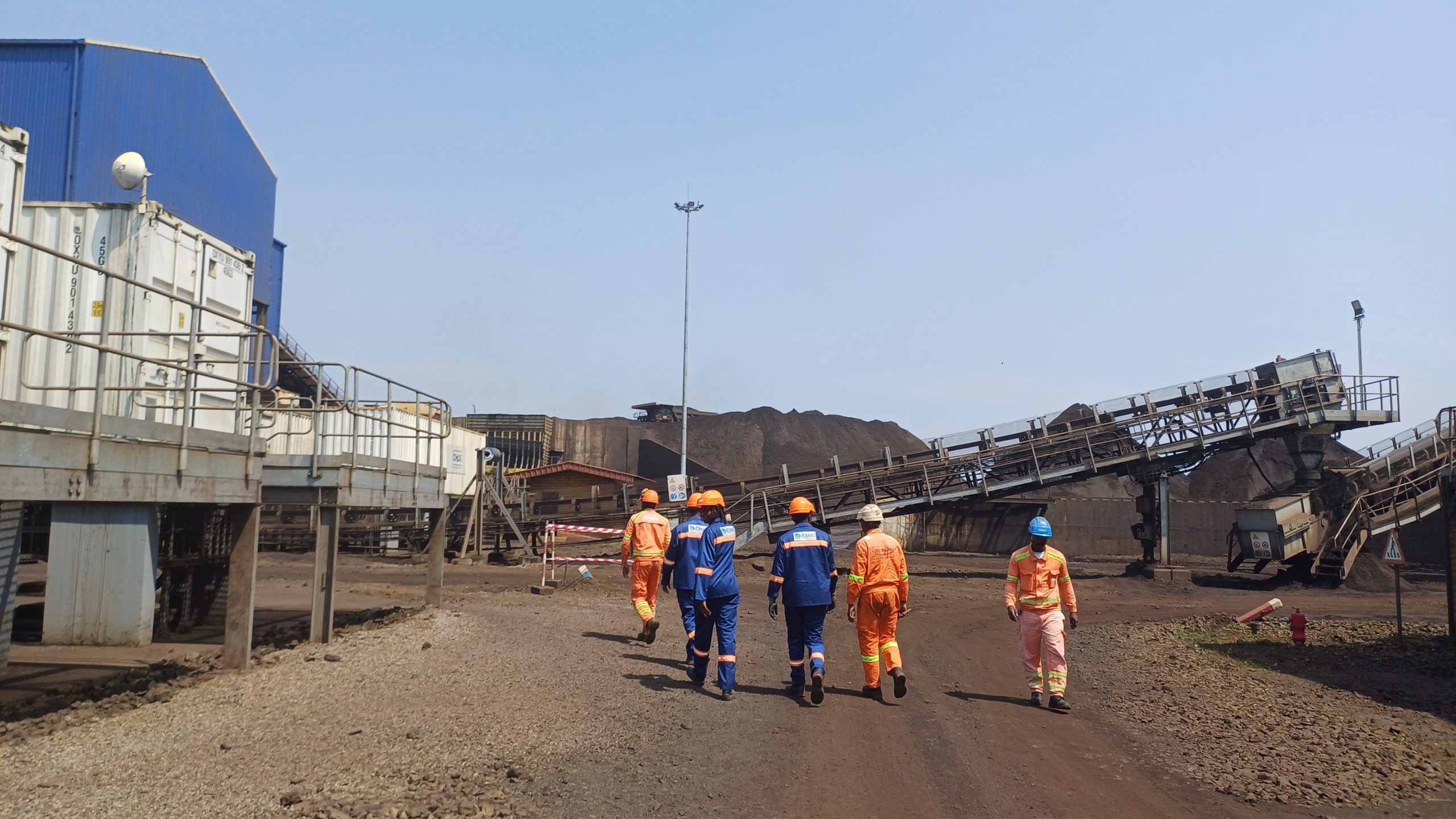
From engineering to export – Bertrand Sanchez’s atypical career path
Published on 24 July 2025
He began his career in calculation and design before moving on to export. Now Area Manager for SINEX Industrie and Chauvin, Bertrand Sanchez shares his experience of the field in Africa, and looks back on his career with the Rouby Group. A tale of technical expertise, adaptation and human relations.
What is your current role at Sinex?
I am an employee of SINEX Industrie and also work for Chauvin as Export Area Manager for Africa and the Middle East. I manage our long-standing customers and prospect new opportunities in the countries targeted by our annual Sales Action Plan. In Africa, many integrators distribute Chauvin equipment. I cover the French-speaking part, from the Maghreb to Gabon. I am away about 50 % of the time: last week I was in Gabon, then Senegal, before moving on to Morocco and Mauritania.
It looks like you have had quite an unusual career within the Rouby Group. Can you tell us about it?
I joined Rouby Industrie in 2008 as a calculation engineer, working together with Jean-Claude Soulard. When he left the Design Office, I managed the projects for nine years: monitoring, structural calculations and design optimization. The technical credibility I have acquired then helps me enormously today, and the strong links with customers help me to better understand the challenges of the Group’s different businesses.
How do you go from engineering to export?
With a magic wand, I guess (laughs)! I started visiting construction sites, talking to customers and enjoying the interpersonal aspect of the job. I wanted to become a sales manager, but it did not happen right away. I was ready to leave when Jean-Brice Rouby offered me a position at Chauvin to support the export manager. That’s how I worked internationally before SINEX Industrie.
Does the Rouby Group’s family dimension reflect in your career path?
Absolutely. I was recruited by Christian Rouby (Jean-Brice’s father), and had also worked with Pascal Rouby (his uncle). This family culture translates into a real closeness between the teams and an attachment to the Group’s values. My experience of working for different companies has made me more efficient on projects: I know their constraints and who to call if I have any questions.
Does your time with the Design Office help you today?
It is definitely a huge advantage. There’s a real win-win relationship between the design engineers and the site teams. When you design a project, you visualize it on paper. Seeing it come to life in the field is another story. The dual role of technical and commercial engineer helps us to be more realistic in our customer commitments. We know what is feasible, and we understand the manufacturing and installation constraints.
Three words to define your daily routine?
Varied, demanding, relational. Every day is different. Exporting is very demanding, and Africa requires a real close relationship with customers. These relationships are built up over several years, with time spent on site.